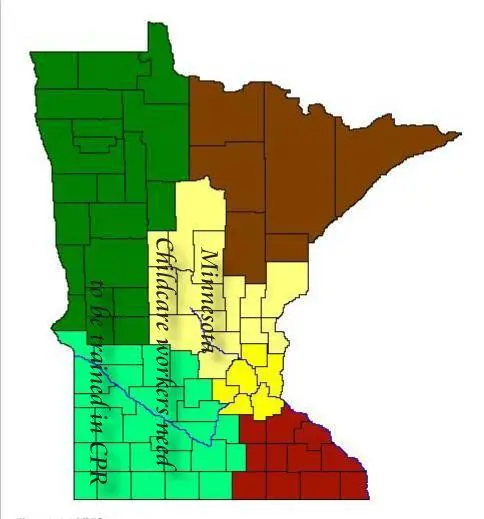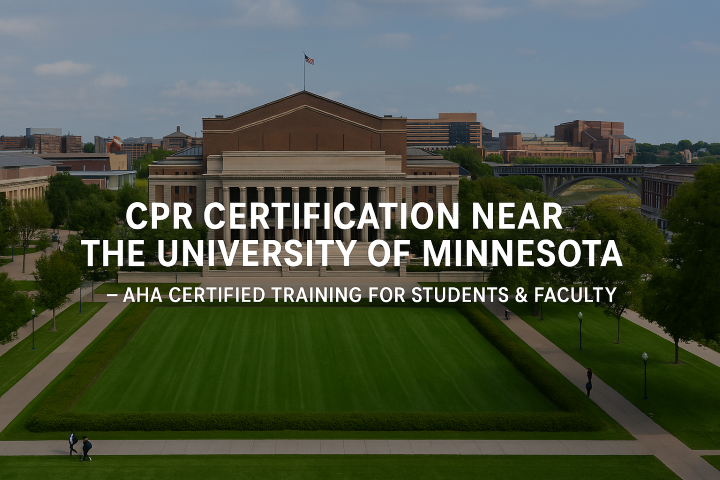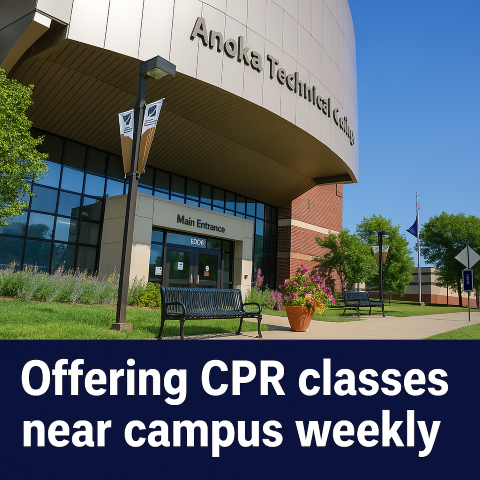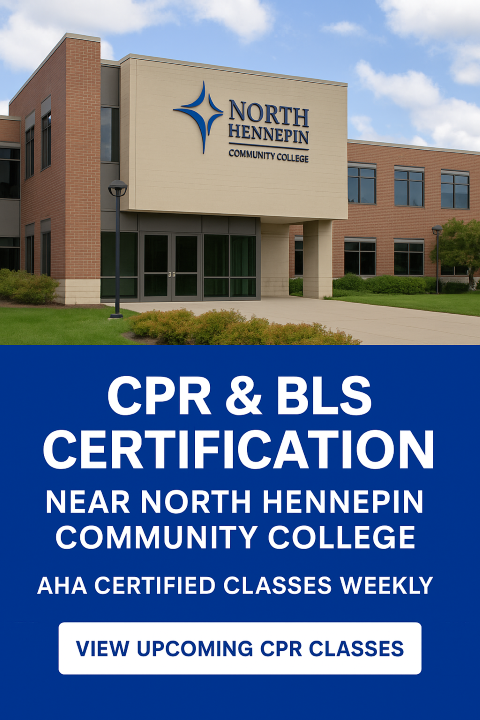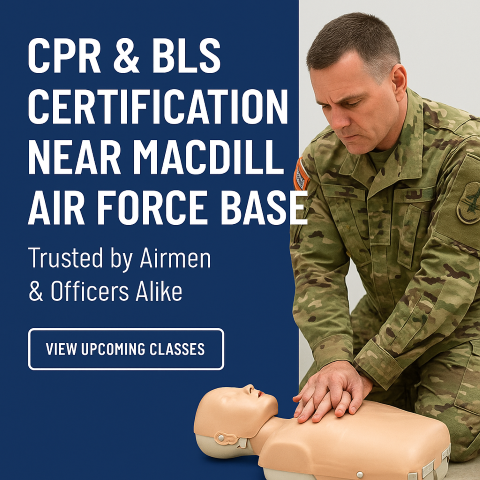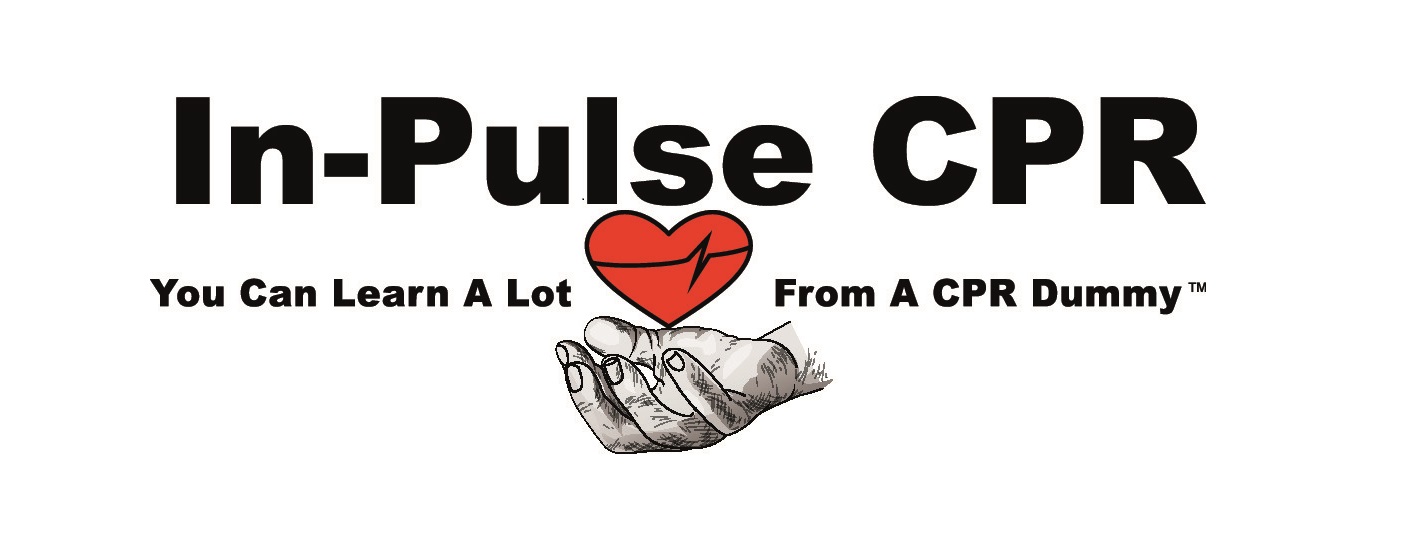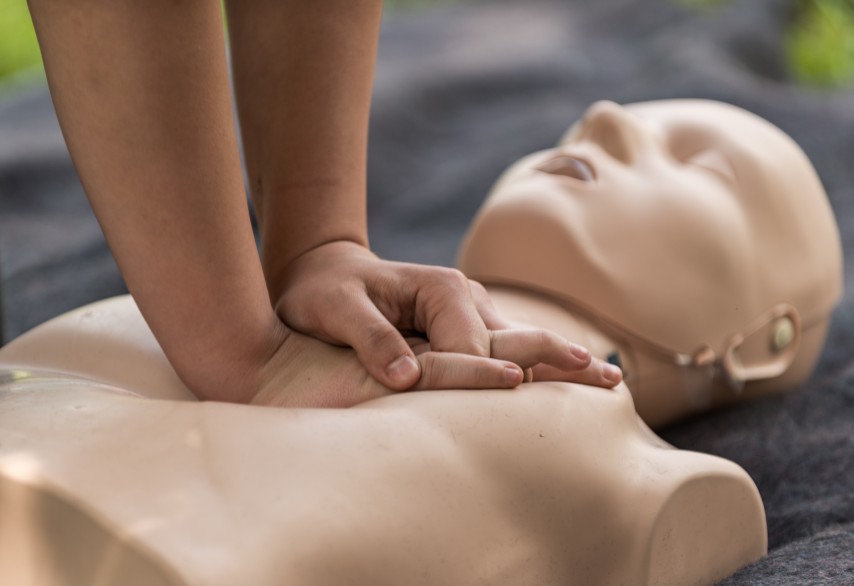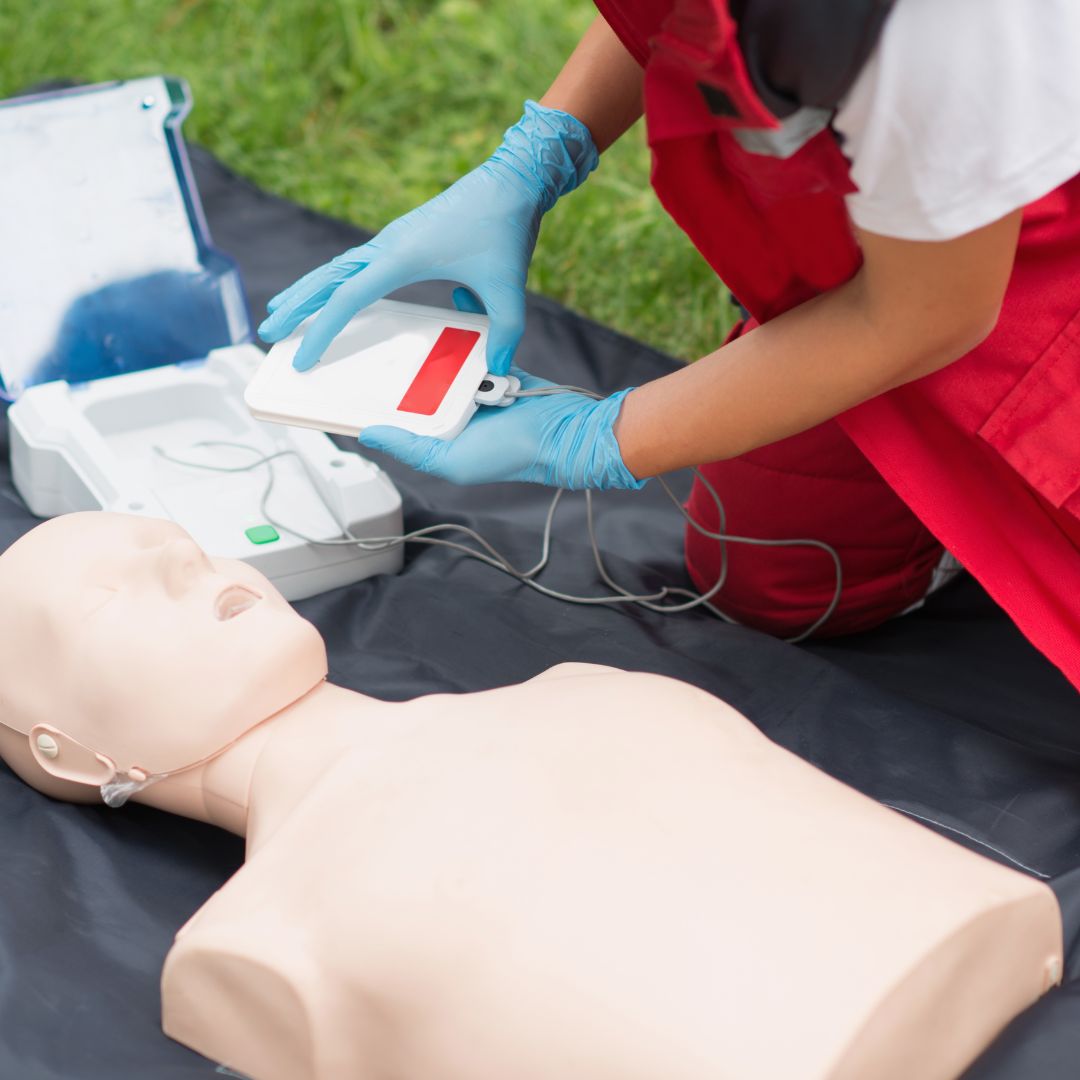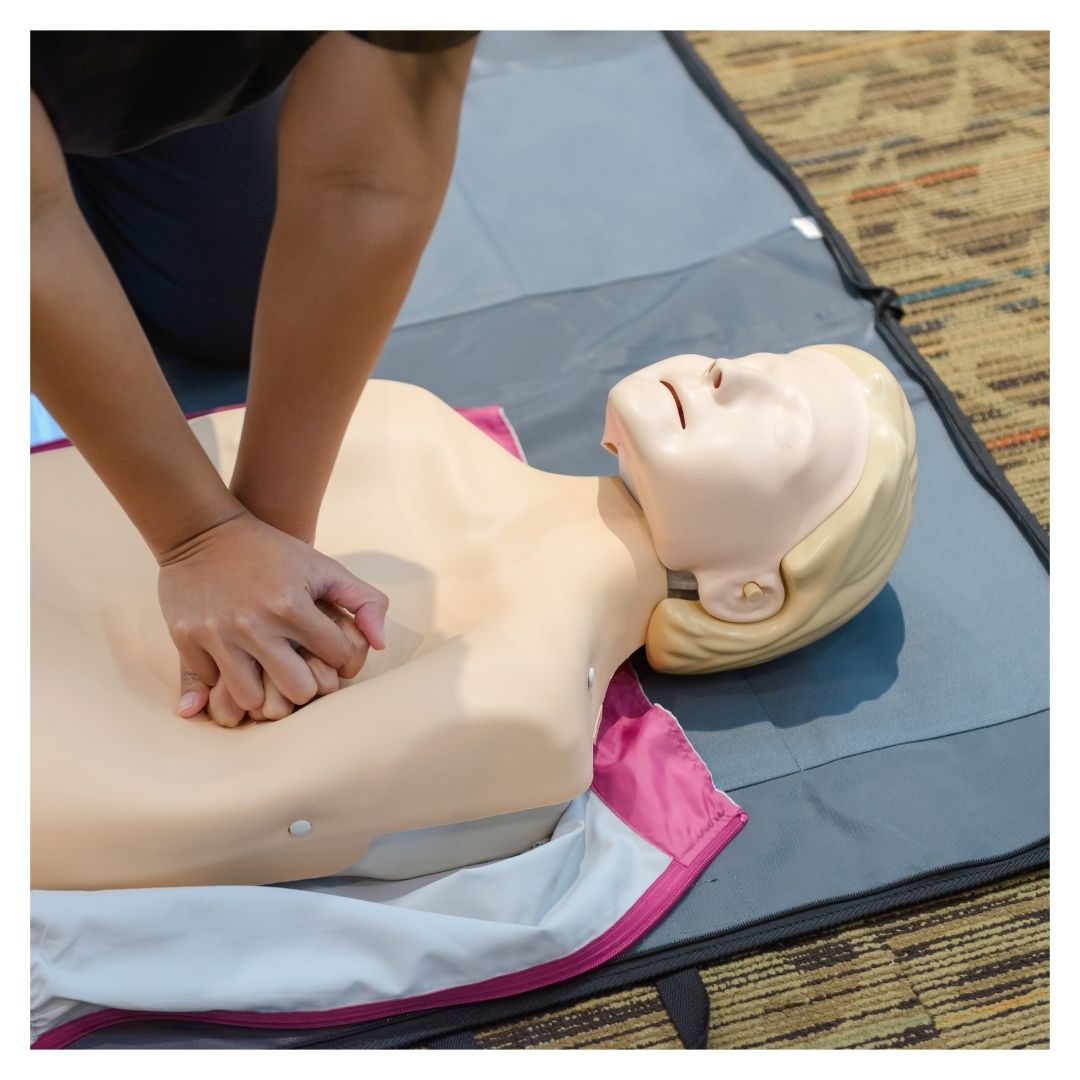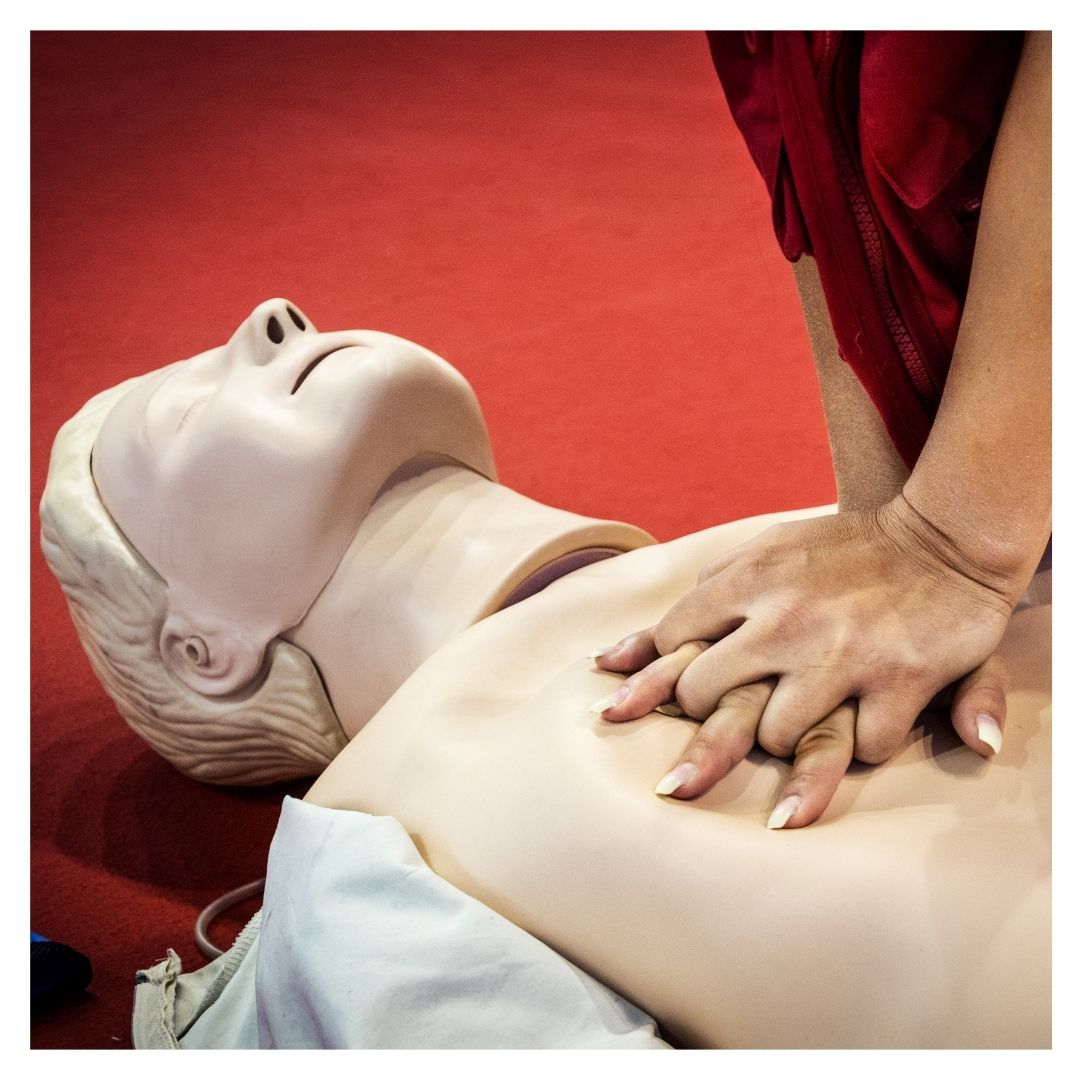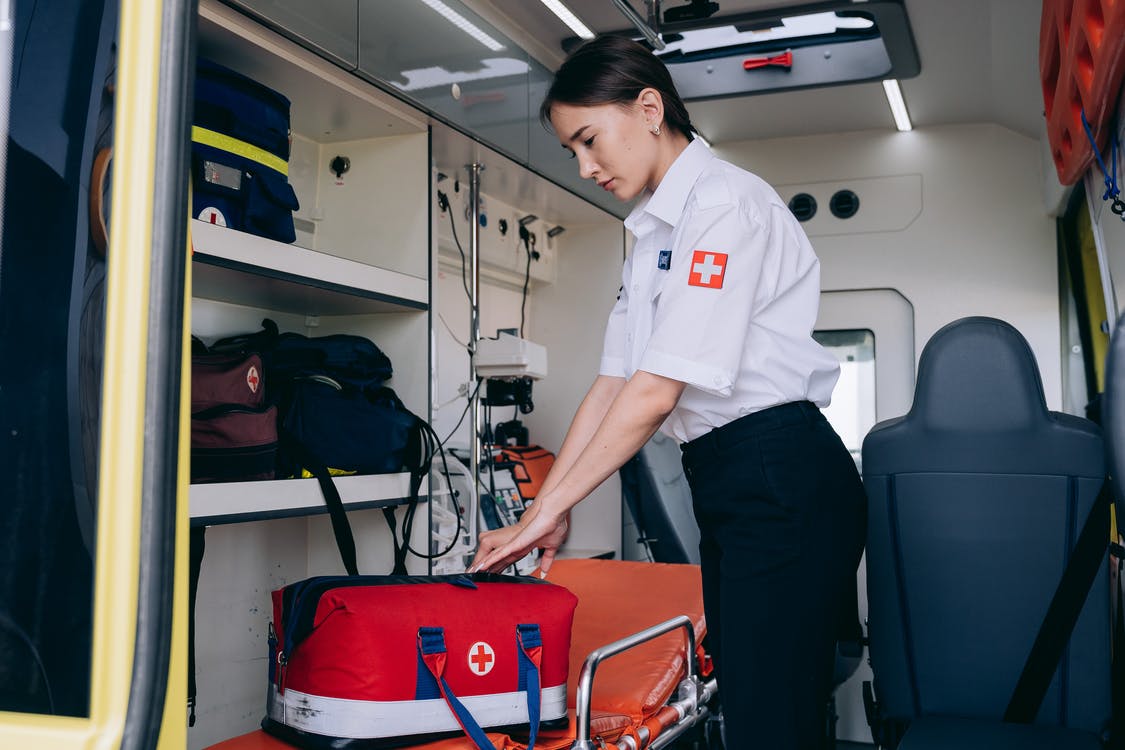New MN Law: Child care Workers required to be CPR trained 2026
Minnesota childcare providers are required to maintain current pediatric CPR training to stay compliant with state licensing laws. This guide explains who must be certified, how often training is renewed, and what to expect during CPR instruction. We’ve also included direct links to childcare licensing pages for major metro and central Minnesota counties to help programs quickly access local requirements and resources.



